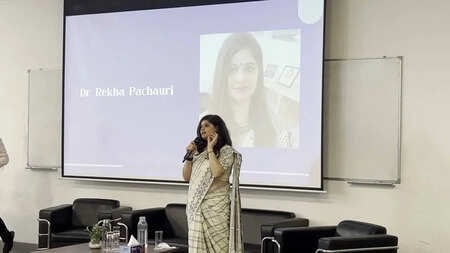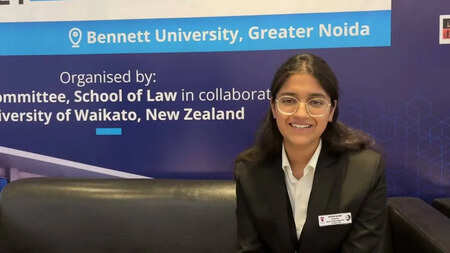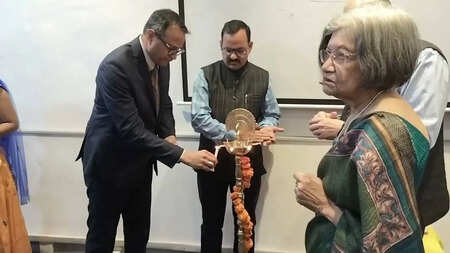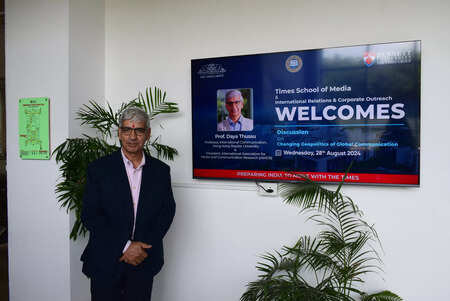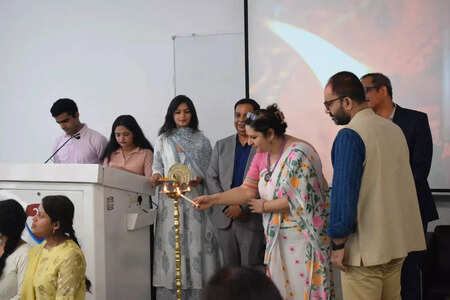Geoengineering: a quick fix for the Climate Crisis?
Times of Bennett | Updated: May 01, 2023 12:44

BY PRIYANSH CHAUDHARY
Geoengineering is the deliberate intervention in the Earth 's natural systems to counteract the negative effects of climate change . As a young person, I believe that geoengineering is a topic that we should be aware of as it has the potential to affect our future in significant ways.
There are different types of geoengineering, includingcarbon capture and storage, solar radiation management , and ocean fertilization . Carbon capture and storage involve capturing carbon dioxide emissions from power plants and industries and storing them underground. Solar radiation management involves reflecting some of the sun's energy back into space, which could cool the Earth 's temperature. Ocean fertilization involves adding nutrients to the ocean to promote the growth of phytoplankton, which absorbs carbon dioxide from the atmosphere.
While geoengineering may sound like a promising solution toclimate change , there are potential risks and uncertainties associated with it. For example, solar radiation management could lead to uneven climate patterns and affect food production. Ocean fertilization could cause harmful algal blooms and disrupt marine ecosystems.
As young people, we have a responsibility to understand the complexities of geoengineering and advocate for responsible and ethical approaches. It is essential to prioritize reducinggreenhouse gas emissions and promoting sustainable practices before resorting to geoengineering as a solution. We must also ensure that geoengineering is not used as a justification for inaction on reducing emissions and addressing the root causes of climate change.
In conclusion, geoengineering is a complex topic that requires further research and understanding. As young people, we must be aware of the potential risks and uncertainties associated with geoengineering and advocate for responsible and ethical approaches to addressing climate change. We must also prioritize reducinggreenhouse gas emissions and promoting sustainable practices as the primary solution to combat climate change.
There are different types of geoengineering, including
While geoengineering may sound like a promising solution to
As young people, we have a responsibility to understand the complexities of geoengineering and advocate for responsible and ethical approaches. It is essential to prioritize reducing
In conclusion, geoengineering is a complex topic that requires further research and understanding. As young people, we must be aware of the potential risks and uncertainties associated with geoengineering and advocate for responsible and ethical approaches to addressing climate change. We must also prioritize reducing


